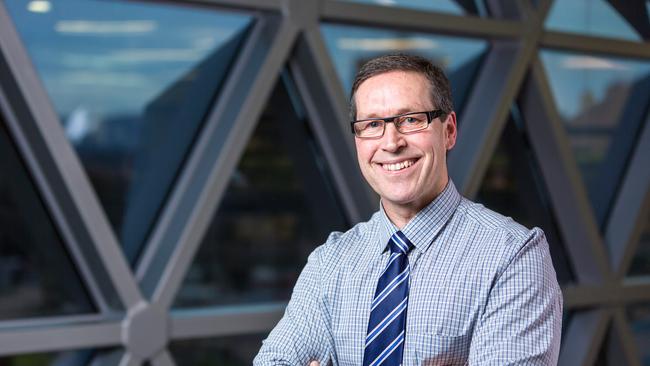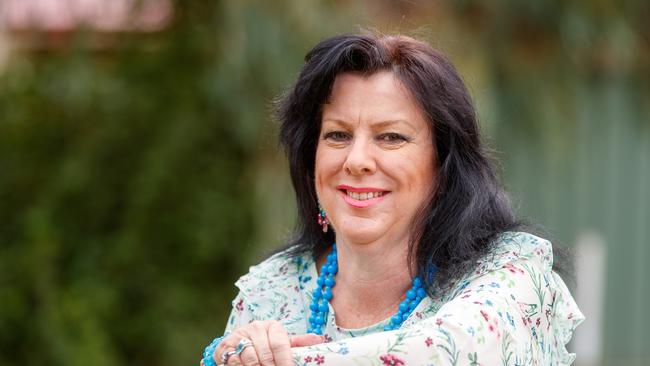SAHMRI research shows group therapy for overweight people with depression has lasting benefits
Winning the battle of the bulge is more about training the brain than watching your weight, SAHMRI research shows. Their unique approach to group therapy has lasting benefits, so now they’re recruiting young people for a new trial.
Advice
Don't miss out on the headlines from Advice. Followed categories will be added to My News.
- SAHMRI offers $320 mental health check for free
- How to get the most out of your Advertiser digital subscription
- Adelaide weight loss trial to study intermittent fasting at SAHMRI
- Scientific Bubble Show brings birthday parties online using Zoom
- KI’s endangered green carpenter bee needs help after bushfires
Group therapy targeting both depression and obesity has lasting benefits, lifting depression and easing anxiety, Adelaide research shows.
SAHMRI senior researcher Dr Michael Musker said the 10-week program halved the participant’s depression and anxiety scores, restoring their mental health to “normal”.
“We realised depression and obesity very commonly occur together, they are both so highly prevalent and there's such a high disease burden for Australia and the rest of the world, that they need to be targeted together,” he said.
“It makes sense to deal with them together because people eat more when their mood isn't good. If we can improve their mood, they are likely to eat less.”
The approach uses several cognitive-behavioural, acceptance and mindfulness strategies that are known to work in the treatment of both depression and obesity.

While participants did not record significant weight loss, Dr Musker said there were signs of improvement in physical health.
“Although we didn't change their weight, we changed the way people eat, the way people thought about food and the reasons why they were eating,” he said. “We also improved their exercise, you know, you can be the same weight but you can be fitter and healthier.”
The researchers were so pleased with the results in older people that they are recruiting younger people aged 18-25 for a new trial.
“We're hoping it will be even more effective with young people, because they haven't set their lifetime behaviour patterns yet,” Dr Musker said. “If we can get them early on, we can get them to think positively about themselves, but also about their lifestyle choices.”

Christine Coombe, 57, of St Marys developed depression following workplace bullying and trauma. She had lost her spark, but rediscovered happiness and got “the old Christine back” through the course.
“I think a lot of us left feeling empowered, with battle gear on,” she said. “And instead of finding comfort in eating, we could really get on board with exercising.”
Jodie Smith, 42 of Surrey Downs suffered post-natal depression and later, anxiety, until the course turned her life around. “It saved my life, to put it bluntly, it was the best thing I have ever done,” she said.
“It changed my way of thinking and I was able to identify when I was starting to spiral (into depression).
“The biggest thing for me has been breathing and mindfulness, which sounds really simple, just being able to stop the thoughts in their tracks, realising that things are not as bad as my mind is telling me they are, just ‘Stop, reassess, you're OK, you're not in danger, you're fine, you can do this’.”
The research is published in the journal BMC Psychology.
Email Dr Musker or more information about the next trial in young people aged 18-25.
MORE NEWS:

